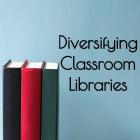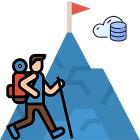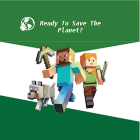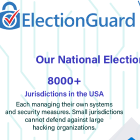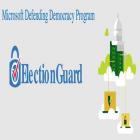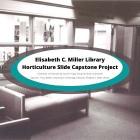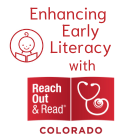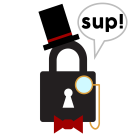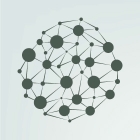Digital Preservation at the Seattle Asian Art Museum: Creating the John Grimes Travel Slides of Japan Collection
This project contributes to the Seattle Art Museum (SAM)’s Historical Media Collection, preserving materials stored in outdated formats. Due to limited resources, the Seattle Asian Art Museum (SAAM) lacks a digital preservation plan. A donation of 1,000+ slides, taken to document John Grimes’ cultural tour around Japan from 1987-88 and offering a rare glimpse at the ceremonies, architecture, and exhibits he observed, has remained unprocessed and inaccessible. To preserve and provide access to them, this project involved arranging and describing all 1,000+ slides, digitizing 200+ slides from over 20 geographical locations, and creating an Omeka exhibit for SAM’s Digital Collections.

